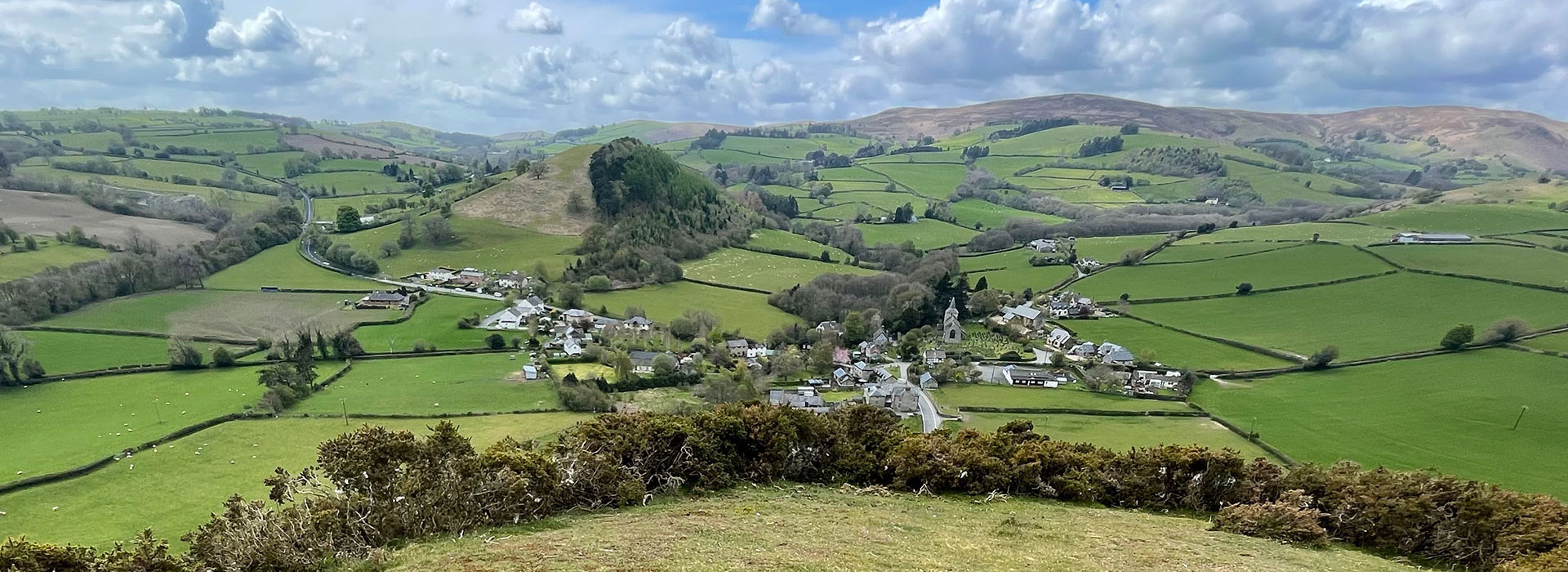

Community councils form the most local level of government, primarily in rural areas of the Welsh counties. Our county, Powys, has some 105 town and community councils. Together they cover the whole county.
Gladestry Community Council has an overall responsibility for the well-being of our local neighbourhood, which comprises the hamlets of Newchurch, Colva and Michaelchurch-on-Arrow as well as the village of Gladestry itself. For the most part, the council’s work falls into three main categories:
In addition to their own responsibilities, councillors often work hand in glove with Powys County Council and other local organisations to ensure the effective delivery of their services to the local community.
Click here for more guidance on the role of community and town councils in Wales.
Gladestry Council comprises seven councillors with an electorate of around 360 people. Councillors are elected every four years to represent residents of the village and outlying areas. To be eligible for election, candidates must be 18 years or older and live in the area. In the event that there are not enough candidates standing for election to fill all the available places on the council, additional members may be co-opted.
Click here for the contact details of Gladestry’s current community councillors.
Councillors have three main areas of work:
Decision-making — Through participating in meetings, committees and working groups with other elected members. Councillors decide which activities to support, where money should be spent, what services should be delivered and what policies should be implemented.
Monitoring — Councillors ensure their decisions lead to efficient and effective services by keeping an eye on how well things are working.
Getting involved locally — As local representatives, councillors are answerable to their constituents and local organisations. Dependant on circumstances, the day-to-day work of a Gladestry community councillor may include:
The community council holds bi-monthly meetings in Gladestry village hall. There is also an Annual General Meeting held in May. The agenda for meetings and the minutes from those meetings are posted on this website. Members of the public are free to attend any meeting of the full council unless exceptional circumstances call for a closed meeting. Committees and working groups set up by the council to address different needs meet either regularly or on an ad hoc basis.
As a councillor you can become a voice for your community and affect real change. Councillors are community leaders and represent the aspirations of the people they serve. Community councillors directly engage with the most local part of our democratic system and are closest to the public. By standing for your community council you could make a real difference to your local neighbourhood. To find out more about joining Gladestry Community Council, use the email link below) for more information.
Click here to contact the community council clerk by email.